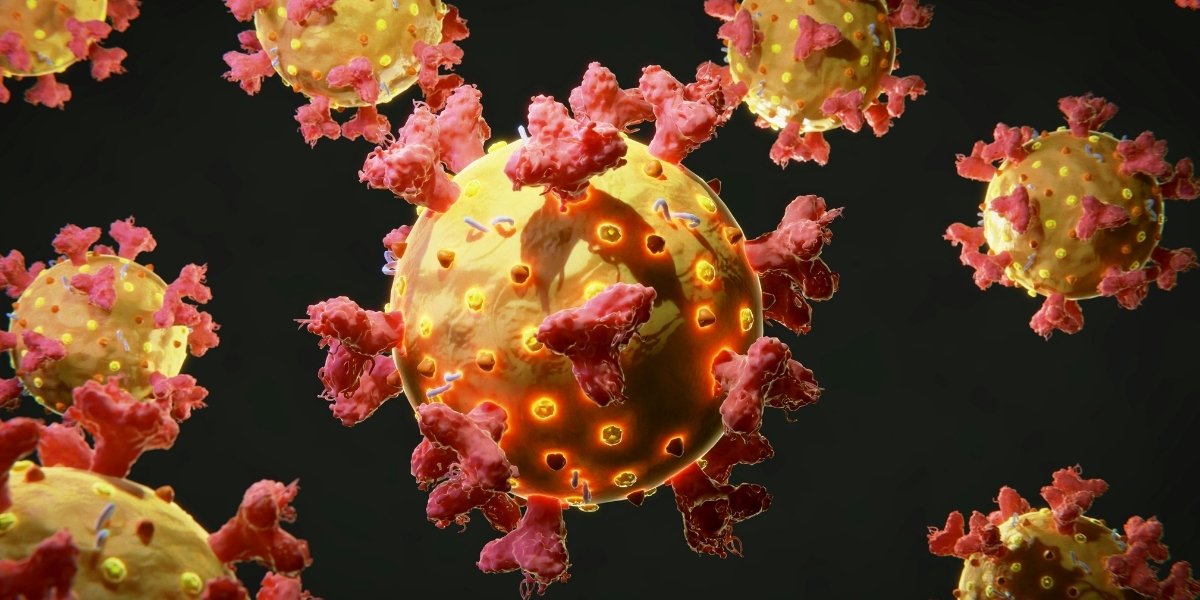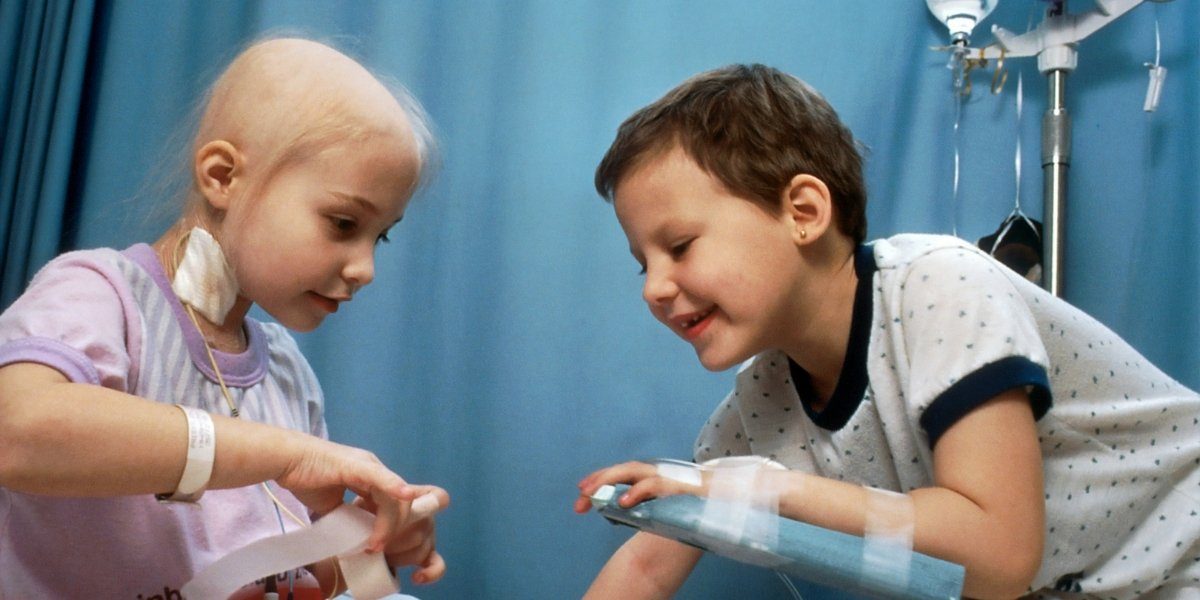Cancer is a complex disease, and its behavior can vary greatly from one person to another. While receiving a diagnosis is a critical step, understanding the underlying factors that can make some cancers more aggressive today is increasingly important. This understanding helps shed light on why treatments that once worked might need adjustments and how preventive strategies can evolve. It is not just about identifying the presence of cancer, but also recognizing the intricate elements that influence its progression and severity.
Understanding the aggressiveness of cancer involves looking past its initial detection. Scientists and medical professionals are observing trends that suggest certain cancers are behaving more aggressively than in previous generations. This shift is prompting a deeper examination into environmental exposures, lifestyle patterns, and even subtle changes within the human body itself. Exploring these multifaceted influences provides a more complete picture of modern cancer challenges.
Environmental Shifts and Cancer’s Changing Nature
The world we live in is constantly evolving, and with it, our exposure to various environmental elements. These elements, often unseen, can play a significant role in how cancer develops and, crucially, how aggressively it behaves. Air quality, the chemicals in everyday products, and even the food we consume all contribute to a complex mix that interacts with our bodies. This interaction can sometimes create conditions where cancer cells are more prone to rapid growth or resistance to treatment.
For instance, industrial chemicals and pollutants, such as certain polycyclic aromatic hydrocarbons or even fine particulate matter in the air, have been linked to DNA damage. Over time, these genetic alterations can contribute to the initiation of cancer. However, research now suggests these exposures might also influence how robustly cancer cells proliferate and spread once formed. A heightened inflammatory response in the body, often triggered by prolonged exposure to irritants, can also create an environment conducive to more aggressive tumor growth.
Lifestyle Choices and Their Influence on Tumor Growth

Personal choices in daily life significantly impact overall health, and their connection to cancer aggressiveness is becoming clearer. Diet, physical activity levels, and even sleep patterns are not just about preventing cancer but also about influencing its course if it develops. Modern lifestyles, characterized by certain dietary habits and reduced physical activity, are increasingly under scrutiny for their role in fostering more aggressive cancer types.
A diet high in highly processed foods, unhealthy fats, and excessive sugars can lead to chronic inflammation and obesity, both recognized as significant risk factors for various cancers. Beyond just increasing risk, these conditions can also promote an environment where cancer cells are more likely to thrive and resist therapy. For example, excess body fat can alter hormone levels and metabolic pathways, which in turn can fuel tumor growth and make cancers harder to manage. Regular physical activity, on the other hand, helps regulate these bodily processes, potentially creating a less hospitable environment for aggressive cancer cells.
The Microbiome and Cancer Aggression
The human body is home to trillions of microorganisms, collectively known as the microbiome. This vast community, particularly in the gut, plays a profound role in health, including the immune system and metabolic functions. Emerging research indicates a strong connection between the diversity and balance of the microbiome and cancer aggressiveness. Disruptions to this delicate ecosystem may inadvertently contribute to a more hostile internal environment, promoting tumor progression.
Factors such as antibiotic use, certain dietary habits, and even early life exposures can impact the composition of the gut microbiome. An imbalanced microbiome might lead to chronic inflammation or alter the body’s metabolic profile in ways that favor cancer cell survival and spread. Some studies have observed that individuals with more aggressive forms of cancer often exhibit less diversity in their gut bacteria compared to those with less aggressive disease. This suggests that nurturing a healthy microbiome could be a crucial, albeit often overlooked, strategy in managing cancer’s behavior.
Advances in Detection and Disease Understanding

While it might seem counterintuitive, advances in medical technology and diagnostic methods can also contribute to the perception of increased cancer aggressiveness. With sophisticated screening techniques and more widespread testing, clinicians are detecting cancers at earlier stages and also identifying more subtle characteristics of tumors that indicate a higher potential for aggression. This means that even if the absolute rate of aggressive cancer isn’t skyrocketing, our ability to identify it is certainly improving.
Molecular profiling allows doctors to examine the genetic makeup of a tumor, revealing specific mutations or gene expressions that predict how a cancer might behave. What once might have been considered a standard tumor might now, through advanced analysis, be identified as having particular aggressive features. This deeper understanding of cancer biology, while invaluable for targeted treatments, can also highlight the inherent aggressive nature of certain disease subtypes that might have been less apparent in the past.
Systemic Factors and Disease Progression
Beyond individual choices and environmental exposures, broader systemic factors within the body can also contribute to cancer’s aggressive nature. These internal mechanisms involve the complex interplay of hormones, immune responses, and the cellular environment surrounding a tumor. When these systems are out of balance, they can inadvertently empower cancer cells to grow more rapidly, invade surrounding tissues, and spread to distant parts of the body.
Prolonged exposure to certain hormones, whether naturally occurring or introduced, can stimulate the growth of hormone-sensitive cancers like breast or prostate cancer. Furthermore, the immune system, while designed to fight off disease, can sometimes be hijacked by cancer cells. Tumors can create a “microenvironment” that suppresses anti-cancer immune responses or even recruits immune cells to help them grow and spread. Understanding these complex systemic interactions is crucial for developing therapies that not only target cancer cells directly but also modify the body’s overall response to the disease, potentially reducing its aggressiveness.








